Editor Jennifer Glossop recently shared her top ten etiquette tips for editors with the Toronto CIEP local group. Here, Katherine Kirk details those tips, and explains why they’re in that top ten.
 The Toronto CIEP local group invited Jennifer Glossop to speak about author–editor relationships. A guest speaker at the 2018 and 2019 Toronto mini-conferences, Jennifer has worked as an in-house and freelance editor for over 35 years, has taught editing and has written a number of children’s books.
The Toronto CIEP local group invited Jennifer Glossop to speak about author–editor relationships. A guest speaker at the 2018 and 2019 Toronto mini-conferences, Jennifer has worked as an in-house and freelance editor for over 35 years, has taught editing and has written a number of children’s books.
The Toronto group generously invited non-locals to join, and it was an absolute pleasure to learn from Jennifer. I had put her tips into practice within 24 hours! Jennifer shared with us her finely tuned (but ever-evolving) list of etiquette rules for editors:
- Make a good first impression.
- Communicate often and promptly.
- Put it in writing.
- Praise the author and the work. Criticise only the work.
- Be sincere and honest.
- Know when to give in and do so gracefully.
- Don’t be afraid to ask stupid questions.
- Avoid the temptation to lecture.
- Keep your feedback helpful.
- Remember whose work it is.
Though some of these tips may seem obvious to experienced editors, Jennifer says it’s often the obvious things that we forget about, and that’s when we get into trouble.
1. Make a good first impression
Whether meeting in person or online, Jennifer reminds us that first impressions last forever. She suggests finding a personal connection with the author, so that you can see each other as people rather than as red marks on a page. We should show an understanding of and enthusiasm for the author’s work. Let them know we are in their corner and be excited to work with them.
Even if you have no knowledge at all of the subject they’ve written about, you can turn that into a strength by saying you’re coming to it without any preconceived ideas or prejudices. Jennifer also points out the impact of a professional website as a first impression, and she encourages us to emphasise our experience on it.
Once you’ve connected with the author and gained their trust in you, you need to help them trust the process, and the best way to do that is by ensuring that they understand the timeline, stages of editing, what to expect from you and what they are responsible for. Freelancers should make sure the scope of work is clear and agreed upon by both parties, and this is the time to discuss payment.
Finally, you need to find out about the author’s vision and goals for the book, and to do so, you need to listen to them and ask them questions. This will guide you in the type of feedback you give them. Get on the same page about the manuscript; this can also avoid disasters later, like the editor thinking the book is a tragedy when the author intended it as a comedy.
2. Communicate often and promptly
It’s important to be reachable, stay in touch and meet deadlines. This is a basic courtesy and Jennifer didn’t dwell on it, but the CIEP’s Code of Practice expands on it, saying, ‘A fundamental requirement in the good handling of any material is to raise major queries without delay and other minor queries in batches as convenient to all concerned’. (COP 5.3.2a)
Be sure to define your boundaries and politely affirm them if necessary.
3. Put it in writing
Back in the day, Jennifer would discuss the job on the telephone, and post letters to clients. She tried always to keep a written record of what was discussed on the telephone, since our memories can’t be trusted. These days, email makes everything a lot easier, but she says the same principles in writing those letters apply.
She recommends the ‘praise sandwich’ approach for written communication, as it can soften the blow of criticism and make the author more willing to act on it. The filling of the sandwich should not be only criticisms, but rather explaining what you did, and what you expect the author to do next.
Jennifer also recommends sending longer communication like editorial reports as attached documents so that they are more easily referenced and don’t get lost in the inbox.
4. Praise the author and the work. Criticise only the work
There is no such thing as too much praise, and even if it feels saccharine or artificial when you’re writing it, if you are being sincere and honest, and use it properly, it can be a very powerful editorial tool. Writers crave praise, and it will soften the criticisms.
Criticism can feel very personal when it relates to sensitivity issues. Jennifer suggests framing those queries from the reader’s perspective and recommending an authenticity read if necessary. It helps to remind the author of how wide (and how diverse) their audience might be, and why using conscious language is important.
5. Be sincere and honest
Editors should not lie to authors or make empty promises about their potential for publishing success. That said, you can stretch the truth a little and tell authors their writing is a little better than it is.
Jennifer says, ‘Honest criticism is the greatest gift you can give. Clear and well-thought-out criticism is useful. Criticism for the sake of saying something can be damaging.’ Editors who want to master the art of querying might want to sign up for the CIEP’s new course.
6. Know when to give in and do so gracefully
Jennifer adds, ‘Even if it’s through clenched teeth.’ Choose your battles and if the hill of the serial comma is not worth dying on, let it be. It’s not your book.
7. Don’t be afraid to ask stupid questions
Jennifer says that sometimes editors need to take on the responsibility of being the ‘designated idiots’ in order to fully understand the text and make it clear for the readers who come after us. She cautions us to be careful how we phrase our questions so that they are specific and useful.
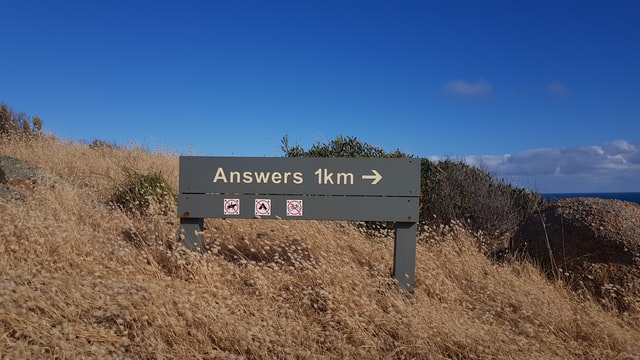 8. Avoid the temptation to lecture
8. Avoid the temptation to lecture
Although Jennifer has spent many years teaching us to edit, and many of us have been teachers at some stage in our lives, she reminds us that we are here to edit, not to teach the author. She recommends letting the author come to you with questions where they need clarity, but generally keeping explanatory notes brief and sticking to what is necessary.
Your client might not need to know the difference between a dependent and independent clause, or they might not care. Don’t come across as a ‘tutting school marm’ or condescending.
9. Keep feedback helpful
There are three types of feedback someone can give, Jennifer explains. The first is appreciation, which we might expect from friends. The second is evaluation, which we get from reviewers or examiners, and which can feel demeaning. The third, which editors should strive for, is coaching, where you tell the author what’s wrong, how to fix it and praise them for doing it well.
Jennifer suggests avoiding telling an author to do something beyond their ability or against their wishes. She also suggests breaking your feedback down into a logical and manageable sequence of steps, and helping the author to navigate it, especially for developmental or structural edits.
Jennifer usually starts her feedback with a phone call, as she believes that editing should be a dialogue between author and editor. She sometimes teaches authors techniques for processing the information she’s given them.
10. Remember whose book it is
Remind yourself that this is the author’s book, not yours, and never put your own ideas, jokes or voice into it. It is their book, and they might have spent years creating it, so be sensitive towards them and the text.
Saying ‘this is not my book’ doesn’t mean giving up on doing the best job you can; you’re still a part of its creation, and that should be enough for you to care about doing the work properly.
If you laid out the scope up front, didn’t make assumptions or have expectations about the text, and got everyone on the same page about those expectations and responsibilities, then your role will be clear and you can make the writing shine within the limits of your brief.
Some authors like to acknowledge editors for the role they play in bringing the text to life, by mentioning them in the acknowledgements or in the front matter. Jennifer says this is up to the author and editor to negotiate, but it’s fine to say no and ask for a testimonial or referral instead.
Wisdom sharing
Jennifer’s advice focuses on putting the person first, and encourages us to see the human behind the words we’re editing. It was amazing to be able to pick the brain of someone with so much experience, and yes, we did gush profusely about Margaret Atwood’s The Handmaid’s Tale, which Jennifer edited.
I left the meeting with a fullness in my heart at the thoughtfulness that informs her editing, and the generosity of editors who are willing to teach each other and help the whole profession grow. The CIEP’s local and international groups are a great space for sharing editorial wisdom, and they’re well worth a visit.
About Katherine Kirk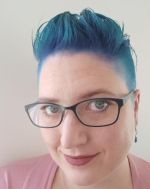
Katherine Kirk is a fiction editor who has lived all over the world, including China, South Korea, Ecuador, and Morocco, and she’s not done yet. She works on all types of fiction for adults, especially Science Fiction, Fantasy and Literary Fiction. She is a Professional Member of the CIEP.
 About the CIEP
About the CIEP
The Chartered Institute of Editing and Proofreading (CIEP) is a non-profit body promoting excellence in English language editing. We set and demonstrate editorial standards, and we are a community, training hub and support network for editorial professionals – the people who work to make text accurate, clear and fit for purpose.
Find out more about:
Photo credit: Answers by Hadija Saidi on Unsplash.
Posted by Abi Saffrey, CIEP blog coordinator.
The views expressed here do not necessarily reflect those of the CIEP.

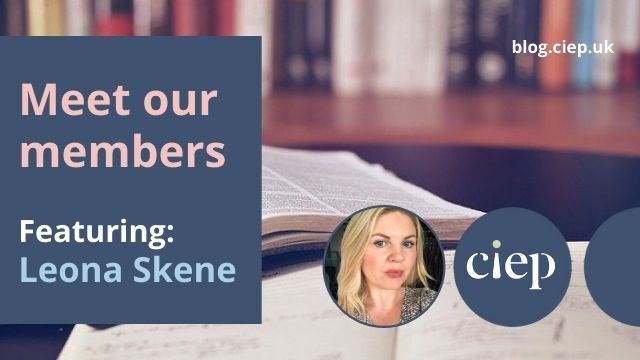


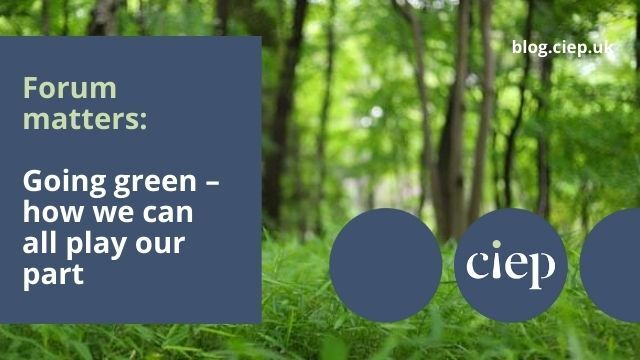


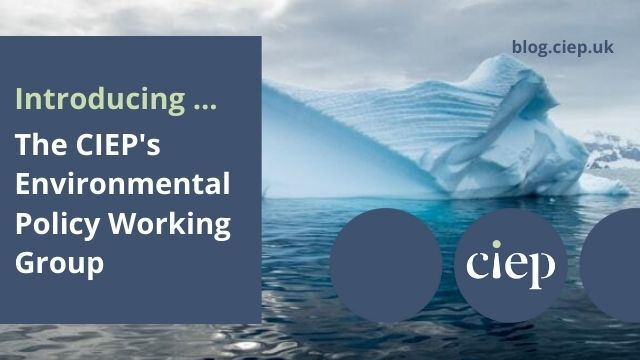
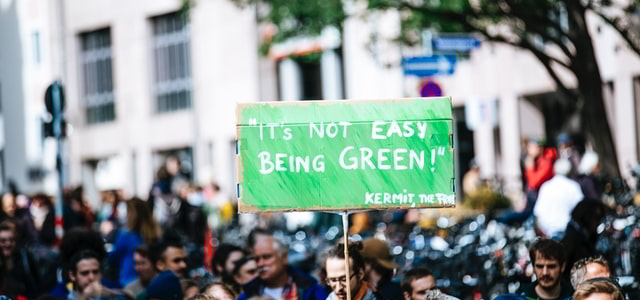



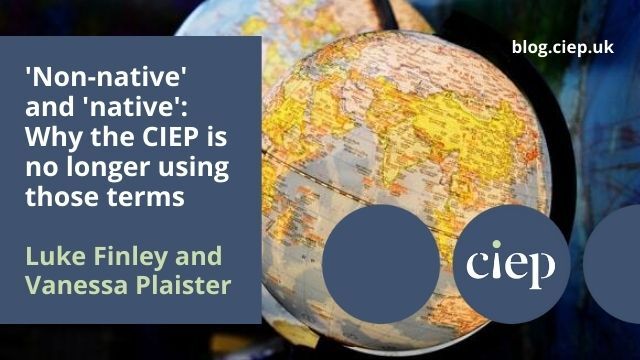
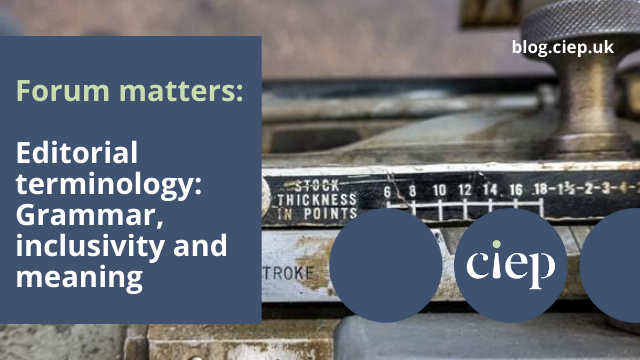

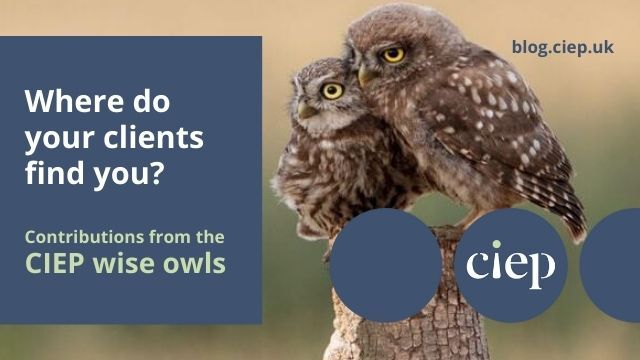



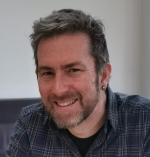
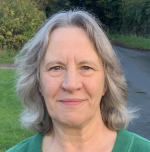
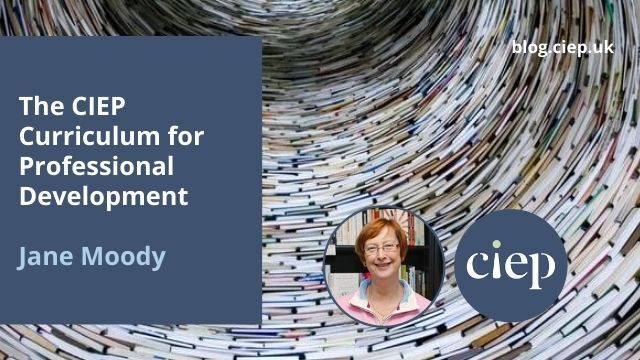
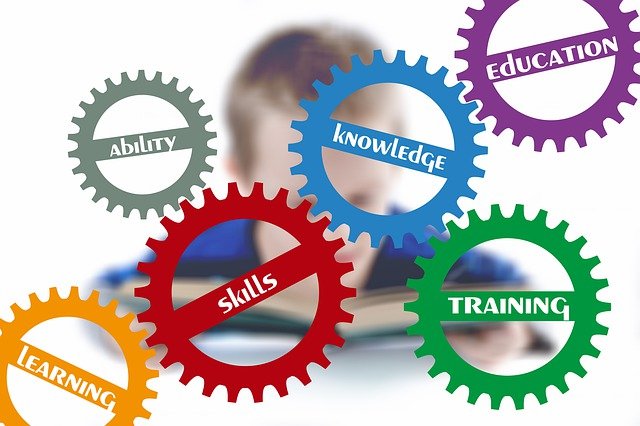
 Jane has worked with books for all her working life (which is rather more years than she cares to admit), having started life as a librarian. She started a freelance editing business while at home with her two children, which she maintained for 15 years before going back into full-time employment as head of publishing for a medical Royal College.
Jane has worked with books for all her working life (which is rather more years than she cares to admit), having started life as a librarian. She started a freelance editing business while at home with her two children, which she maintained for 15 years before going back into full-time employment as head of publishing for a medical Royal College.